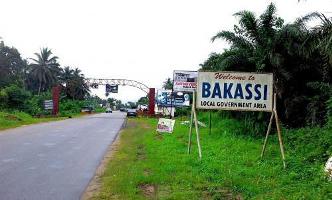This was announced by the special representative of the Secretary General of the United Nations, also president of the Cameroon-Nigeria Joint Commission, Leonardo Santos Simoa, received on March 6 by the Prime Minister, Joseph Dion Ngute.
The Nigerian neighbor has until now contested certain portions of the maritime and land border resulting from the judgment of the International Court of Justice (ICJ) of October 10, 2002 regarding the border dispute between the two countries. “We worked with Nigeria who gave us guarantees that they wanted to continue with the process until the end,” said envoy Santos Simoa. He added: “we must have a road map to determine the actions to take in order to bring the operation to a successful conclusion. This is work that we will carry out jointly in the coming months.”
A renunciation welcomed by the Prime Minister, Joseph Dion Ngute, for whom “there is no need to resort to an additional interpretation of certain provisions of the judgment of October 10, 2002 of the International Court of Justice to complete the definitive delineation of the common border”. According to the head of the Cameroonian government, there is now a “perfect agreement between the two parties for the finalization of the work”. Until then, they were stuck in three areas, “these are the villages Rhumsiki and Kotcha in the Far North region and Terminal 8 in the North region, i.e. 36 km apart”. However, some residents along the border add other zones, like the Beka district, in the Faro division, Northern region.
The border dispute inherited from colonization between Cameroon and Nigeria almost degenerated into armed conflict in 1994 around the Bakassi peninsula, in the South-West region of Cameroon. Yaoundé will bring the case before the International Court of Justice, which declares itself competent on the subject in 1998. In 2002, it renders a verdict which grants the sovereignty of Cameroon over Bakassi and re-specifies the course of the border between the two countries. A mixed commission will be set up to implement this ruling of international justice. These are the so-called Greentree agreements. The commission has since been working to demarcate the border of more than 2,000 km between the two countries, which runs from Lake Chad to the Gulf of Guinea.
SBBC

